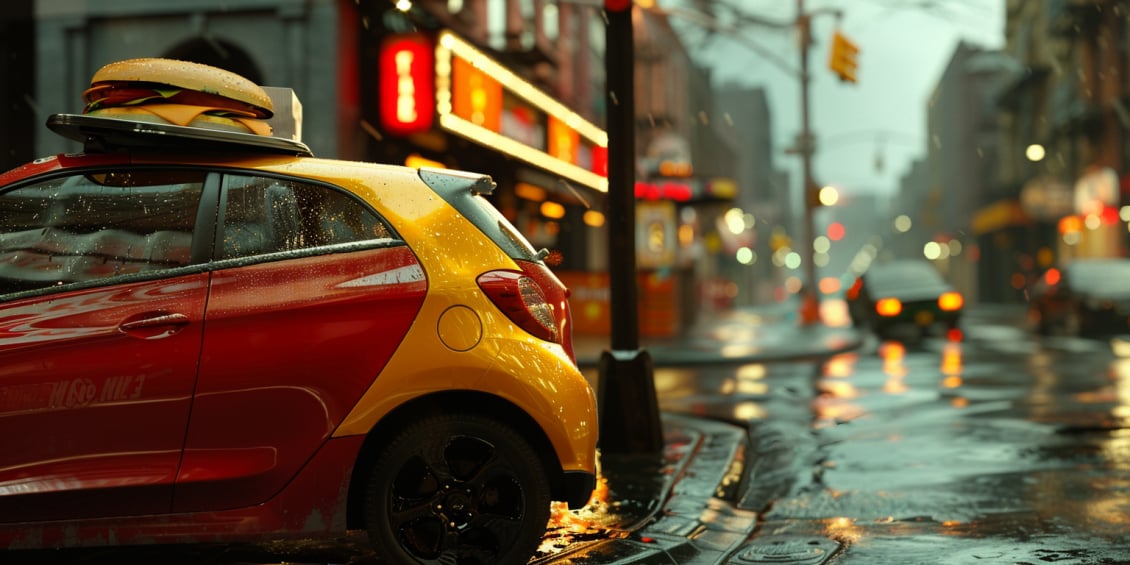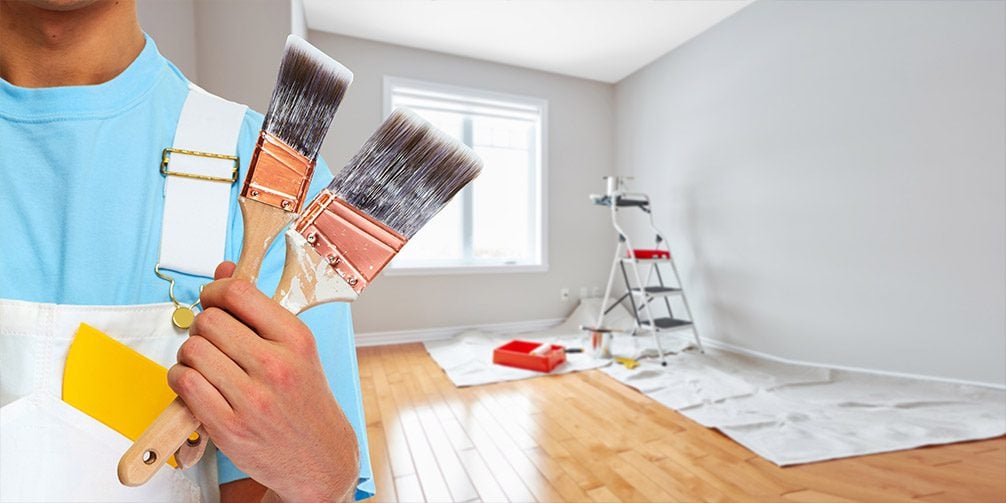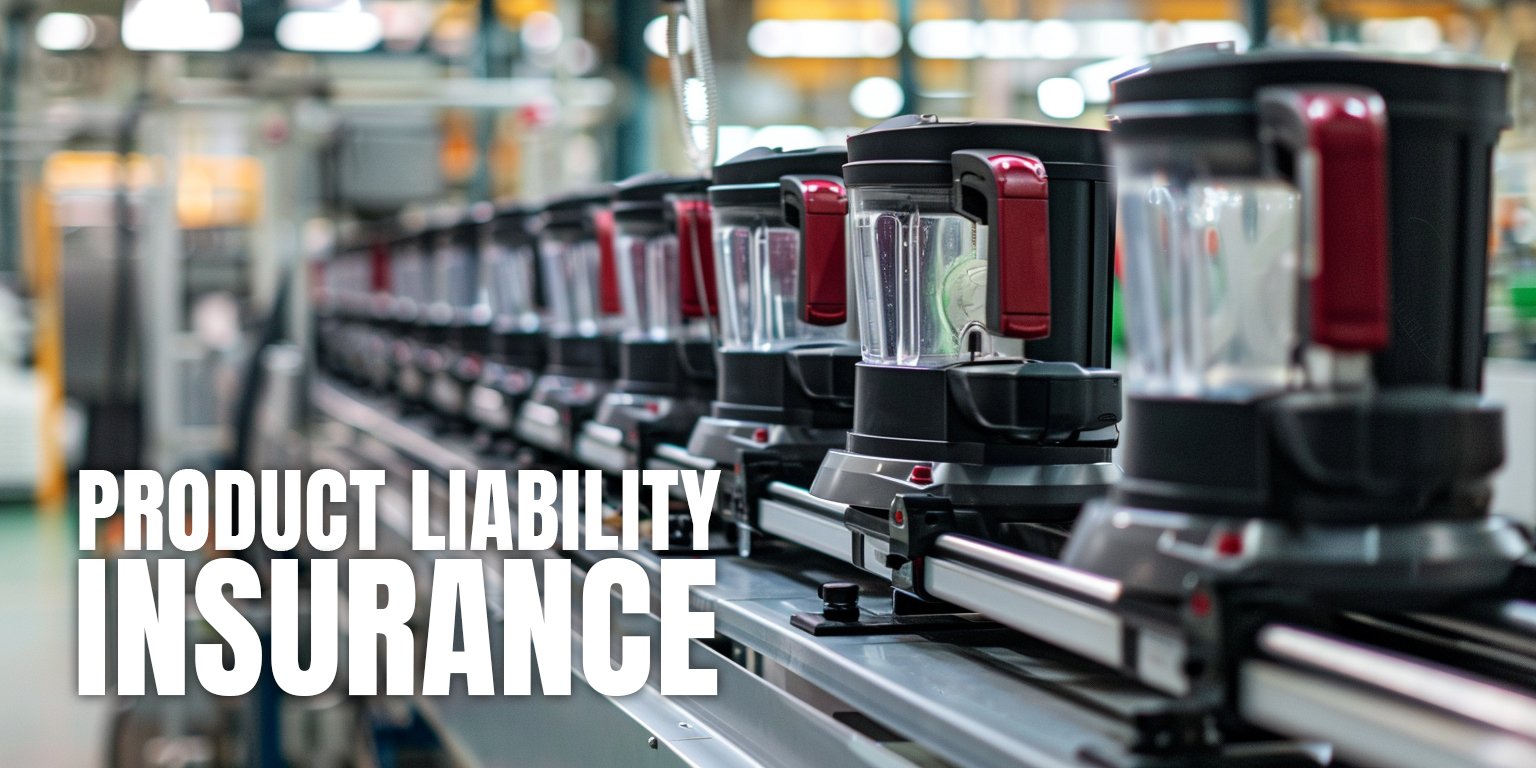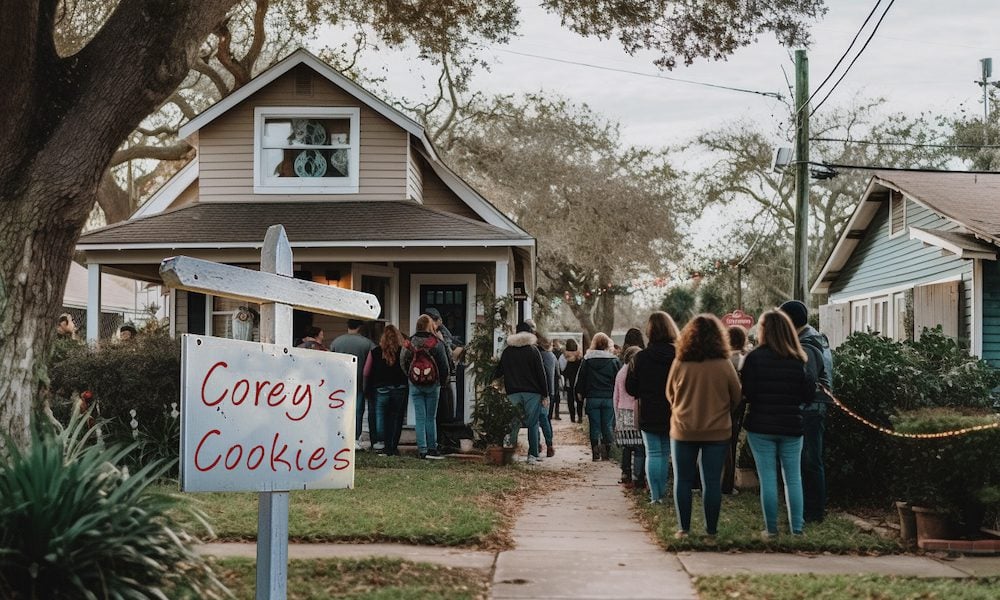Commercial Auto Insurance for Fast Food Restaurants in CNY: What You Need to Know
May 29th, 2024
8 min read

You've got a lot on your plate when running a fast food restaurant in Central New York. You're focused on crafting the perfect menu, hiring reliable staff, and creating a welcoming atmosphere for your customers.
With so much to consider, it's easy to overlook the importance of having the right insurance coverage, especially when it comes to offering delivery services. You might be worried about making the wrong choice or ending up with a policy that doesn't quite fit your needs.
The Horan insurance agency is here to help. As an independent agency working with multiple carriers, we have the knowledge and perspective to guide you through the complex world of restaurant insurance. We understand that your biggest concern is finding the right coverage to protect your business, not just from financial losses, but from the stress and uncertainty that comes with inadequate protection.
In this article, we'll dive into the unique challenges fast food restaurants face when it comes to insuring delivery services. We'll explore the differences between using employee-owned vehicles and maintaining your own delivery fleet, and we'll discuss the potential risks and liabilities associated with each approach.
By reading to the end, you'll have a clearer understanding of your options and be better equipped to make informed decisions about your restaurant's insurance needs.
Navigating Commercial Auto Insurance for Fast Food Delivery in CNY
When it comes to fast food restaurants in Central New York that offer delivery, there are a few key considerations for commercial auto insurance. We're talking about places that have their own employees deliver food, rather than relying on third-party services like Grubhub.
In this scenario, there are two main options:
- the employee uses their own vehicle for deliveries, or
- the employee uses a vehicle owned by the restaurant.
Each option comes with its own set of insurance implications.
 Deliveries Made By an Employee Using Their Own Vehicle
Deliveries Made By an Employee Using Their Own Vehicle
If you choose to have your employees use their personal vehicles for deliveries, it's crucial to ensure they have adequate personal auto insurance coverage. However, it's important to note that personal auto policies often have exclusions for business use, which could leave your restaurant exposed in the event of an accident.
Deliveries Made By an Employee Using a Company Vehicle
On the other hand, if you provide a vehicle for your employees to use for deliveries, you'll need to have a commercial auto insurance policy in place. This policy should cover the vehicle and any potential liabilities arising from its use for business purposes.
A Possible Third Delivery Option
Of course, there's always the third option of outsourcing your delivery services to a third party like the aforementioned Grubhub. In this case, the liability for any accidents or incidents during delivery would fall on the third-party service, not your restaurant. They would be considered your customer, and what they do with the food after picking it up would be their responsibility.
For the purposes of this article, we'll focus on the two scenarios where your restaurant is directly involved in the delivery process:
- when your employee drives their own car, and
- when your employee drives a car owned by the restaurant.
The Challenges of Obtaining Hired and Non-Owned Auto Insurance for Restaurants
While some fast food chains, like Sal's Pizza here in Baldwinsville, have their own fleet of branded vehicles for deliveries, the majority of fast food restaurants rely on their employees to use their personal vehicles. This means that if you're a fast food restaurant owner in this situation, you'll need to consider a hired and non-owned auto insurance policy.
Many standard business owners policies (BOPs) exclude hired and non-owned auto coverage for restaurants. This is because insurance carriers recognize that restaurants can decide to start offering delivery services at any time, which significantly increases the risk profile of the business.In contrast, for many other types of businesses, hired and non-owned auto coverage is either included by default in their BOP or can be easily added via an endorsement at a low cost.
For example, a local Liverpool CPA office is unlikely to have a need for a full commercial auto insurance policy, but they might want the protection of hired and non-owned auto coverage in case their employees occasionally use their personal vehicles for business purposes.
If an employee gets into an accident while running an errand for the office, the BOP's hired and non-owned auto coverage could provide liability protection for the CPA office.
Why Your Restaurant BOP Excludes Hired and Non-Owned Auto Coverage
Due to the higher risk associated with restaurant deliveries, insurance carriers intentionally exclude this coverage from restaurant BOPs. The level of protection needed is beyond what these policies were designed to provide.
This means that if you're a fast food restaurant owner who has employees using their personal vehicles for deliveries, you'll need to obtain a stand-alone hired and non-owned auto insurance policy elsewhere.
Obtaining Hired and Non-Owned Auto Insurance Through the New York Automobile Insurance Plan
Obtaining hired and non-owned auto insurance coverage for fast food restaurants can be a complex process. In New York State, this coverage is typically obtained through the New York Automobile Insurance Plan (NYAIP), also known as AIPSO.
The NYAIP is an aggregator that requires insurance carriers operating in New York to contribute to the plan and offer hired and non-owned auto policies. This helps ensure that these policies are available to businesses that need them, even if they are considered high-risk.
Challenges Faced by Brokers in Maintaining Membership with Insurance Plans
 Maintaining membership in the NYAIP, however, can be challenging for insurance brokers. Carriers may leave the plan regularly, which can lead to policy cancellations and the need to find new coverage options for clients.
Maintaining membership in the NYAIP, however, can be challenging for insurance brokers. Carriers may leave the plan regularly, which can lead to policy cancellations and the need to find new coverage options for clients.
For example, a broker might spend a considerable amount of time and effort securing a hired and non-owned auto policy for a pizza restaurant in Constantia through a carrier participating in the NYAIP. However, if that carrier decides to leave the plan a year later, the policy will be canceled, leaving the broker to start the process all over again with another carrier.
This instability can make it difficult for brokers to provide consistent coverage for their fast food restaurant clients, as they must constantly navigate the changing landscape of carriers participating in the NYAIP.
The Three Most Likely Scenarios in a Fast Food Delivery Accident
If you're a fast food restaurant owner trying to protect your business from liability when employees use their own vehicles for deliveries, it's crucial to understand the potential consequences of not having the proper insurance coverage. Without a hired and non-owned auto policy, you could be exposing your restaurant to significant financial risk.
Let's consider the three most likely scenarios that can occur when an employee is involved in an accident while delivering food for your restaurant:
- The employee's vehicle is damaged: In this case, the damages to the employee's vehicle will not be covered by any of your restaurant's policies. Instead, the employee will need to rely on their personal auto insurance to cover the costs.
- The other vehicle involved in the accident is damaged: If your employee is at fault, the damages to the other vehicle will either be covered by the employee's personal auto policy or you'll have to pay for it out of pocket. If your business owners policy excludes hired and non-owned auto coverage, which is likely, you won't have any protection.
- The occupants of the other vehicle are injured: If someone in the other vehicle suffers significant injuries, they may seek compensation beyond what their own personal injury protection (PIP) coverage provides. In this case, they'll likely come after your restaurant, as your employee was working on your behalf at the time of the accident. Without hired and non-owned auto coverage, you'll be personally liable for any damages, with no insurance coverage or legal representation to protect your business.
It's important to note that in these scenarios, your employee does not hold any personal liability for the accident since they were working for your restaurant at the time. This means that the financial responsibility falls squarely on your shoulders as the business owner.
The Risks of Relying on Employee Personal Auto Policies for Deliveries
As a fast food restaurant owner, it's crucial not to take your employees at their word when they say their personal auto insurance covers them for deliveries. If an employee claims, “I told my insurance, and they said I was fine,” it's essential to take additional steps to verify this information.
The best way to confirm that an employee's personal auto policy covers them for deliveries is to request a copy of the endorsement or policy change that specifically acknowledges this coverage. If possible, it's also advisable to have your restaurant listed as an additional insured on the employee's auto policy.

However, obtaining this level of coverage on a personal auto policy can be challenging. Most personal auto policies do not cover the use of the vehicle for business purposes, such as delivering food for a restaurant. In fact, many insurance applications specifically ask if the vehicle will be used to provide delivery services for a fee.
If an employee is using their personal vehicle for deliveries without informing their insurance company, they risk having their coverage excluded or their policy canceled in the event of an accident. The insurance company may still pay the claim, but they will likely cancel the policy as soon as possible, as it's being used for a purpose it was not intended for.
If using personal vehicles for deliveries was not a significant risk, insurance companies would not have removed hired and non-owned auto coverage from business owners policies for restaurants. The fact that this coverage is typically excluded indicates that insurers consider it a high-risk activity.
What’s more, if an employee is involved in an accident while delivering food and their personal auto policy denies coverage, the restaurant will be liable for all damages and injuries. The insurance company will not be able to seek reimbursement from the restaurant, as there will be no coverage in place.
If you’re a fast food restaurant owner, it’s critical that you thoroughly verify that your employees' personal auto policies cover them for deliveries. Also secure hired and non-owned auto coverage, if possible, to protect your business from potential liability.
The Benefits of Outsourcing Delivery to Third-Party Services
After examining the various risks and challenges associated with handling deliveries in-house, fast food restaurant owners may want to consider outsourcing delivery to third-party services like Grubhub or Uber Eats.
While these services typically charge a fee (around 10% per order for Grubhub), they can help mitigate the restaurant's liability in the event of an accident during delivery.
When a customer places an order through a third-party delivery service, the restaurant pays a fee to the service for handling the delivery. This financial exchange helps establish that the delivery service, not the restaurant, is responsible for the food once it leaves the restaurant.
In the event of an accident involving a delivery driver, the liability would likely fall on the third-party service rather than the restaurant.
Considerations for Fast Food Restaurants with Their Own Delivery Fleet
For fast food restaurants that choose to maintain their own delivery fleet, it's crucial to obtain a commercial auto policy that specifically allows for delivery services. However, restaurant owners should be aware that many insurance carriers may not be willing to cover delivery risks, even if they offer commercial auto policies.
This is due to the same underlying concerns that lead to the exclusion of hired and non-owned auto coverage from restaurant business owners policies, which we discussed above.
When considering opening a fast food restaurant that will offer delivery, it's essential to address these insurance concerns well in advance. Failing to secure the proper coverage could potentially delay the restaurant's opening.
Operating an in-house delivery fleet may be possible with the right commercial auto policy. But we strongly recommend that fast food restaurant owners in CNY outsource delivery to third-party services, which is a more practical and risk-averse approach.
We Can Help You Find the Best Insurance Option for Your Delivery Services
In today's fast-paced restaurant industry, having the right insurance coverage is essential to protect your business from potential risks and liabilities.
As an independent insurance agency working with multiple carriers, the Horan insurance agency strives to be your trusted advocate, providing the knowledge and expertise you need to make informed decisions about your restaurant's insurance coverage.
We understand that navigating the world of insurance can be overwhelming, especially when it comes to the unique challenges of insuring delivery services. By taking the time to understand your options and working with an experienced agency like Horan, you can gain the composure and security that comes with knowing your business is properly protected.
Don't let the consequences of inadequate coverage put your restaurant at risk. Let us work with you to develop a comprehensive insurance plan tailored to your specific situation. With our guidance and support, you can focus on what matters most: growing your business and serving your customers with confidence.
Click the Get a Quote button below to start your journey toward better protection for your fast food restaurant.
Daniel is an accomplished content creator. He has been working in publishing for almost two decades. Horan Companies hired Daniel as its content manager in November 2022. The agency entrusted its messaging to him. Since then, Daniel has written insurance articles, service pages, PDF guides, and more. All in an effort to educate CNY readers. He's helping them understand the world of insurance so they can make informed decisions.
Topics:




























